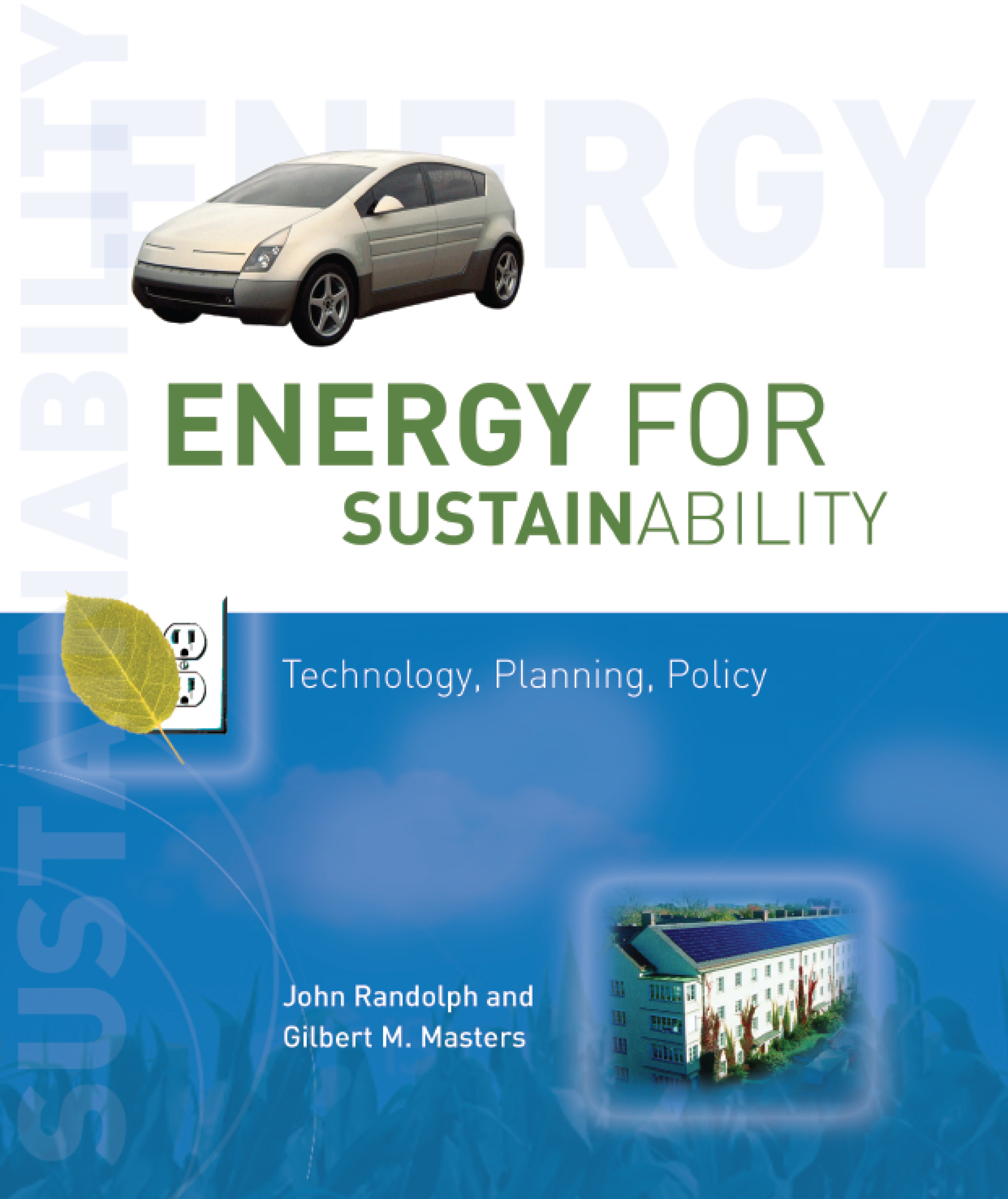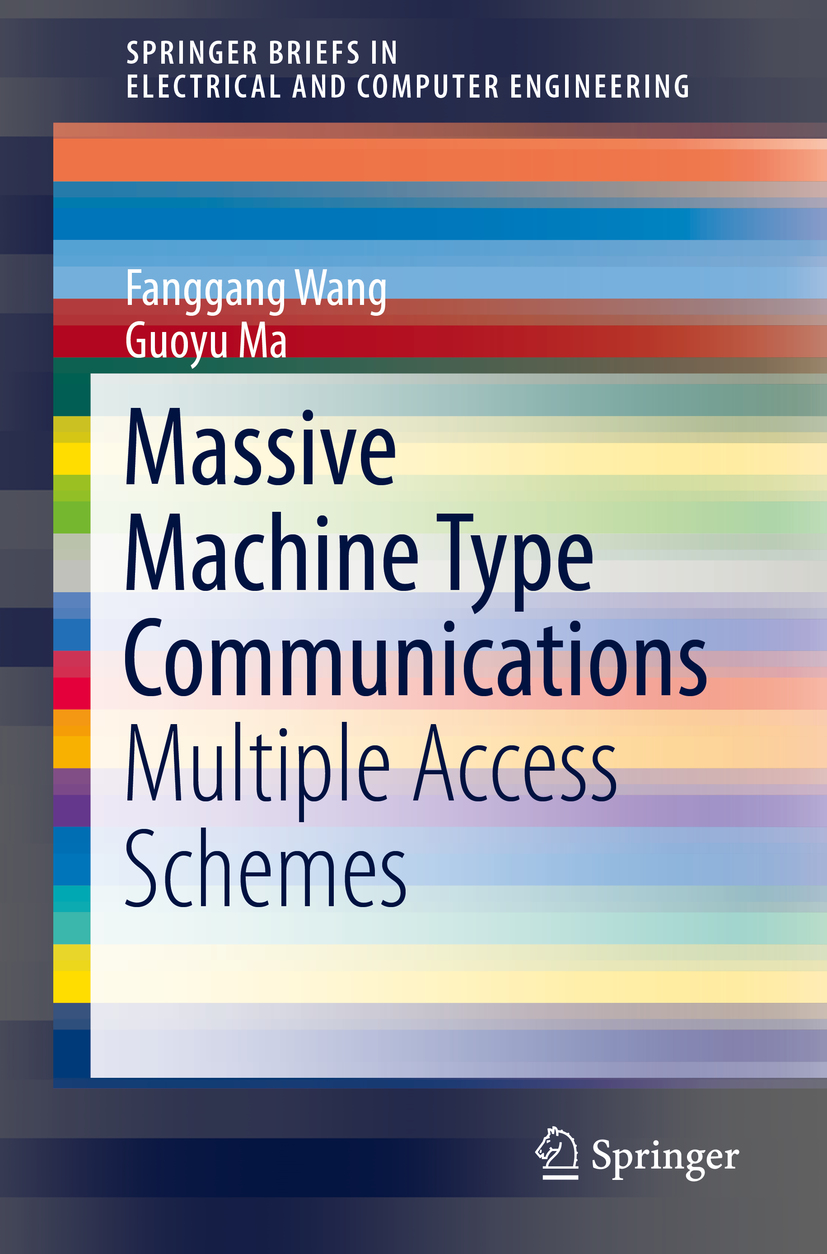
- Browse Category
Subjects
 We Begin at the EndLearn More
We Begin at the EndLearn More - Choice Picks
- Top 100 Free Books
- Blog
- Recently Added
- Submit your eBook
password reset instructions
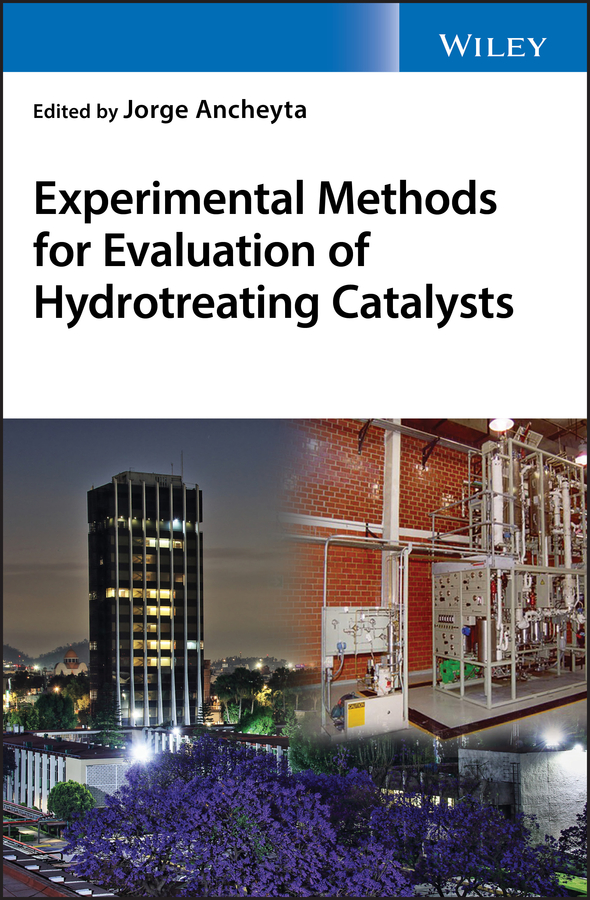
Presents detailed information and study cases on experiments on hydrotreating catalysts for the petroleum industry
Catalytic hydrotreating (HDT) is a process used in the petroleum refining industry for upgrading hydrocarbon streams—removing impurities, eliminating metals, converting asphaltene molecules, and hydrocracking heavy fractions. The major applications of HDT in refinery operations include feed pretreatment for conversion processes, post-hydrotreating distillates, and upgrading heavy crude oils. Designing HDT processes and catalysts for successful commercial application requires experimental studies based on appropriate methodologies. Experimental Methods for Evaluation of Hydrotreating Catalysts provides detailed descriptions of experiments in different reaction scales for studying the hydrotreating of various petroleum distillates.
Emphasizing step-by-step methodologies in each level of experimentation, this comprehensive volume presents numerous examples of evaluation methods, operating conditions, reactor and catalyst types, and process configurations. In-depth chapters describe experimental setup and procedure, analytical methods, calculations, testing and characterization of catalyst and liquid products, and interpretation of experiment data and results. The text describes experimental procedure at different levels of experimentation—glass reactor, batch reactor, continuous stirred tank reactor, and multiple scales of tubular reactors—using model compounds, middle distillates and heavy oil. This authoritative volume:
- Introduces experimental setups used for conducting research studies, such as type of operation, selection of reactor, and analysis of products
- Features examples focused on the evaluation of different reaction parameters and catalysts with a variety of petroleum feedstocks
- Provides experimental data collected from different reaction scales
- Includes experiments for determining mass transfer limitations and deviation from ideality of flow pattern
- Presents contributions from leading scientists and researchers in the field of petroleum refining
Experimental Methods for Evaluation of Hydrotreating Catalysts is an indispensable reference for researchers and professionals working in the area of catalytic hydrotreating, as well as an ideal textbook for courses in fields such as chemical engineering, petrochemical engineering, and biotechnology.
Less- ISBN
- 9781119518013








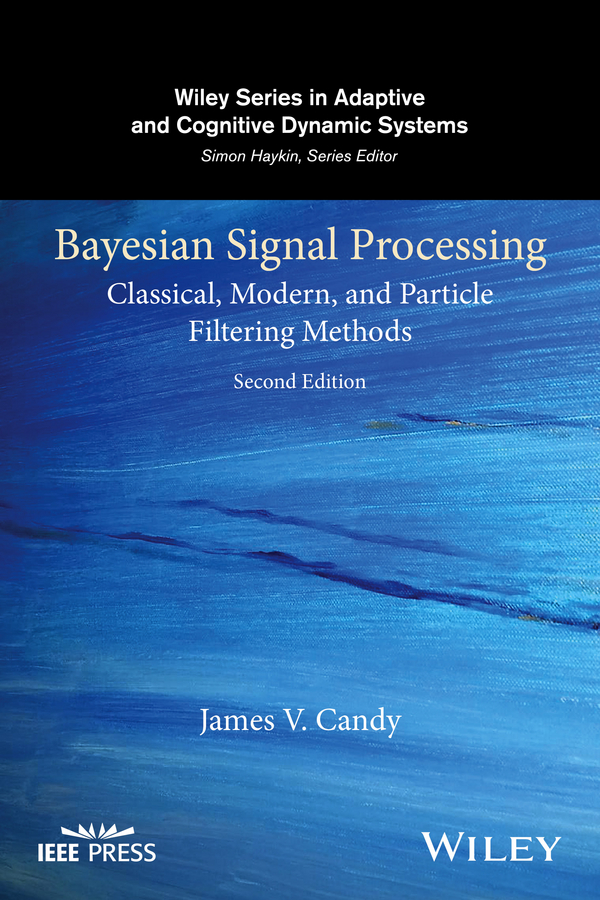


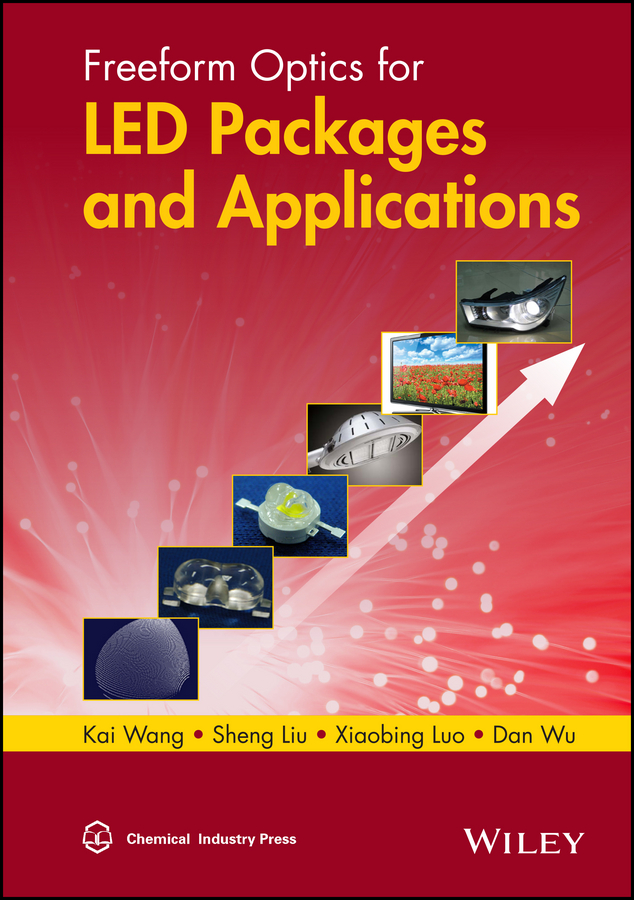


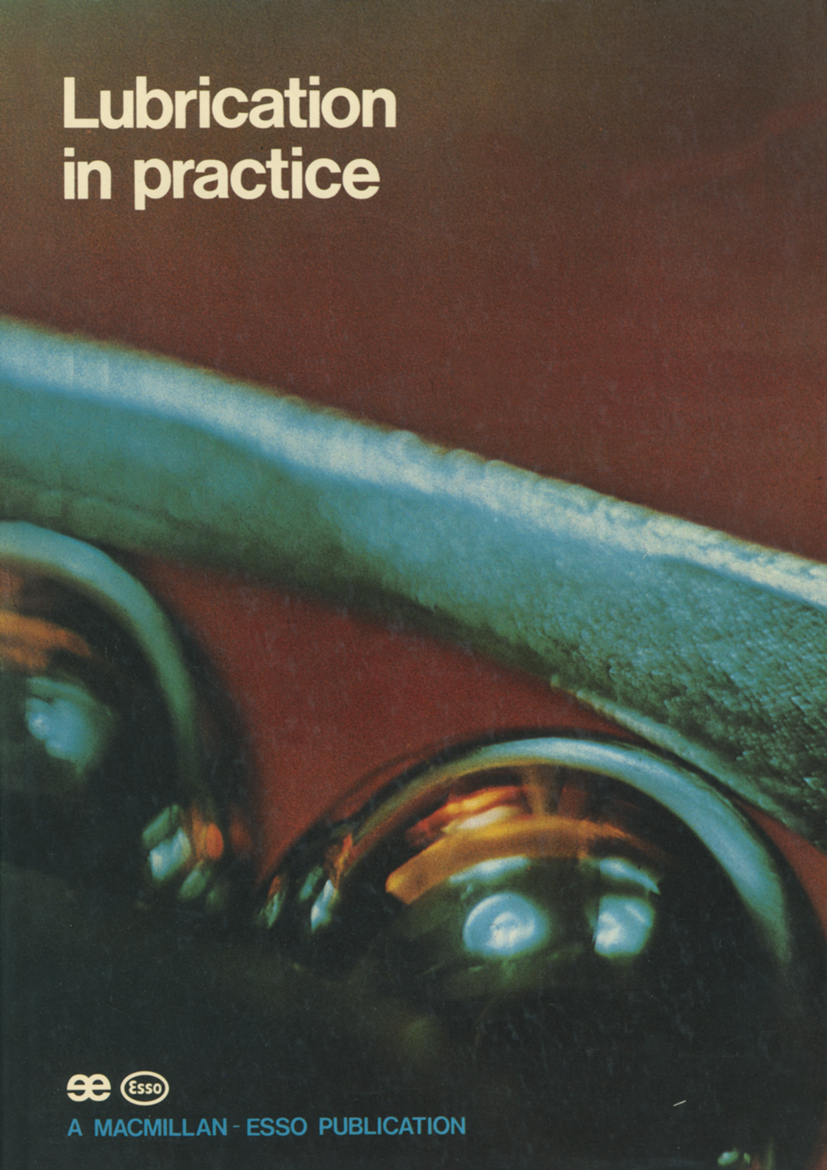
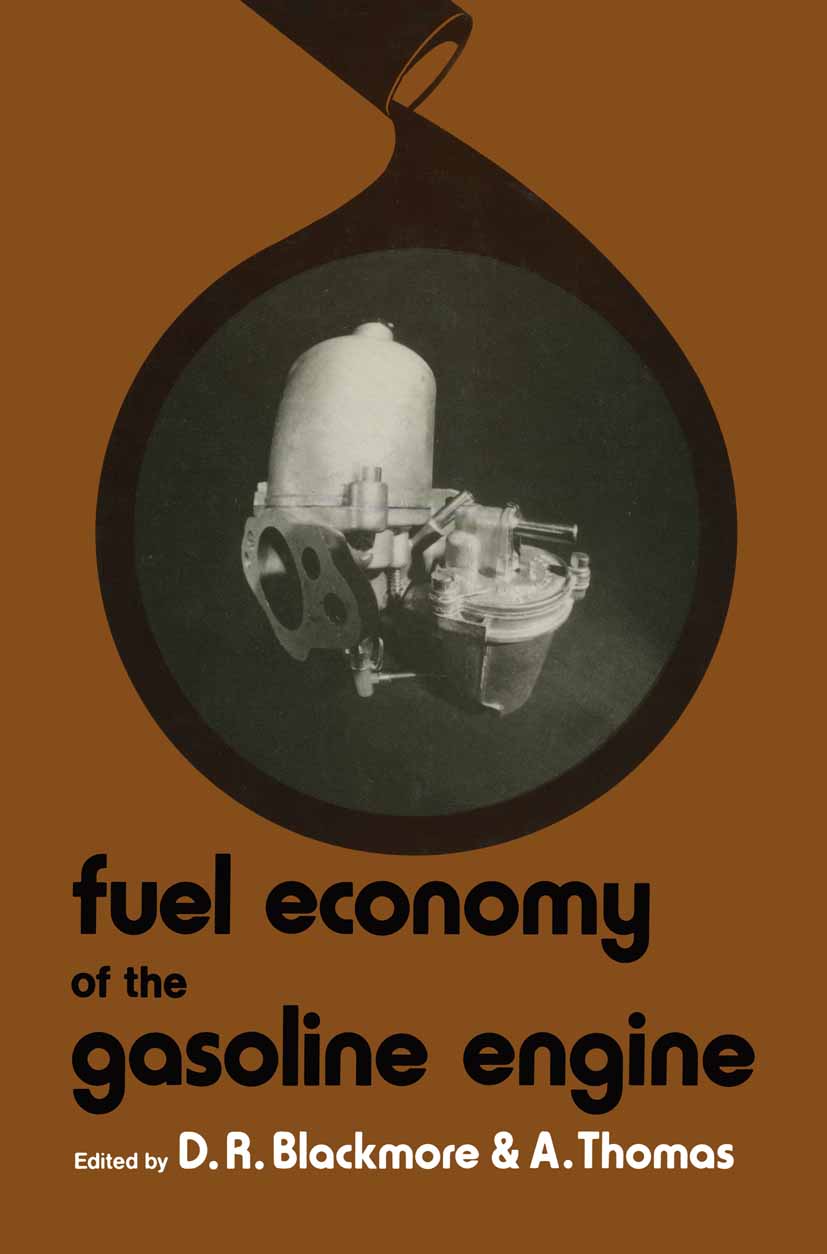
.jpg)





